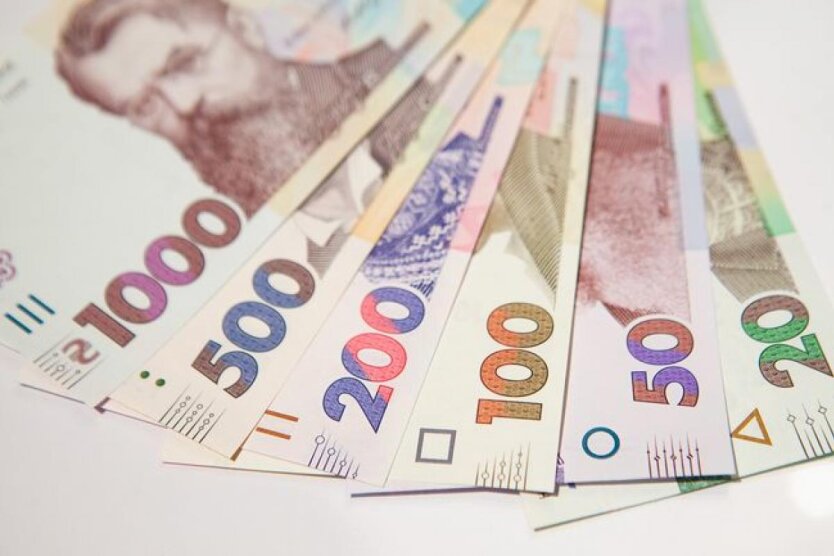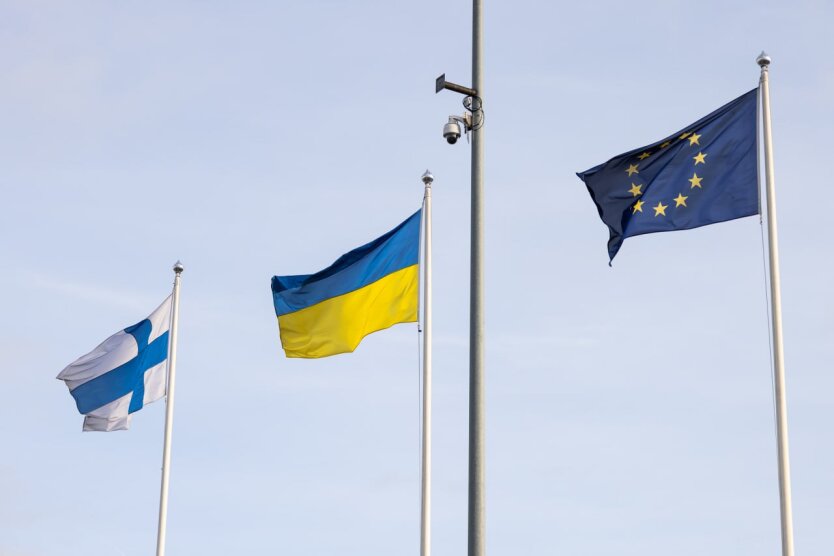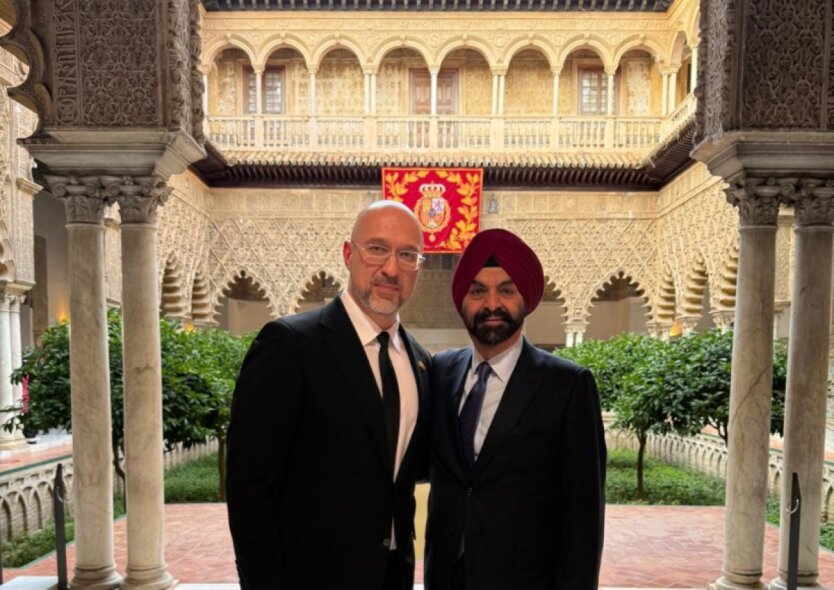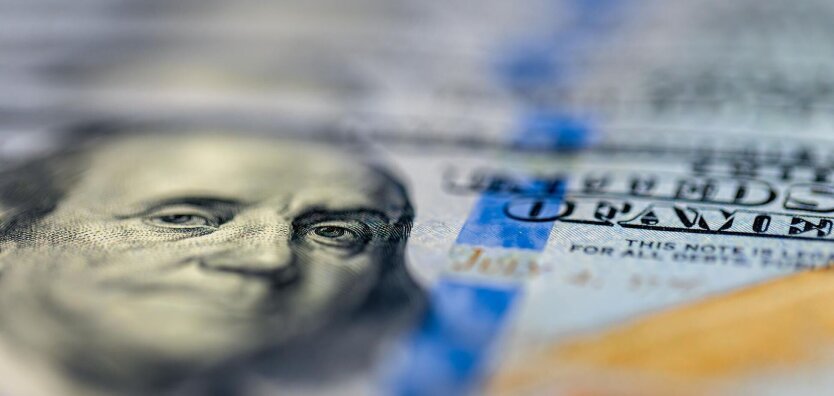What is deposit?.

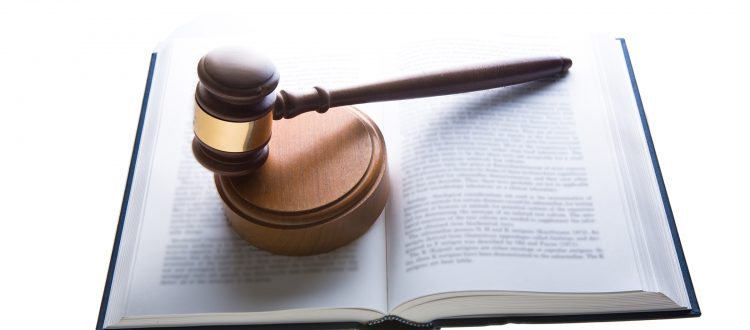
The world of finance is both vast and diverse. Each process within it has its own functions and characteristics. For example, not all participants in many financial processes know what escrow is, and not just what it is, but how this process is used. After all, escrow can be beneficial.
When figuring out what escrow is, several accompanying processes should be taken into account. All of this is important in order to use any financial instrument to one’s advantage.
Escrow: What You Need to Know about This Process?
At first glance, navigating the world of finance and business seems challenging. Although behind complex terms lie very understandable and even simple processes. The mechanisms and all processes in this world are aimed at earning money and ensuring that the system continues to operate. One such mechanism is escrow.
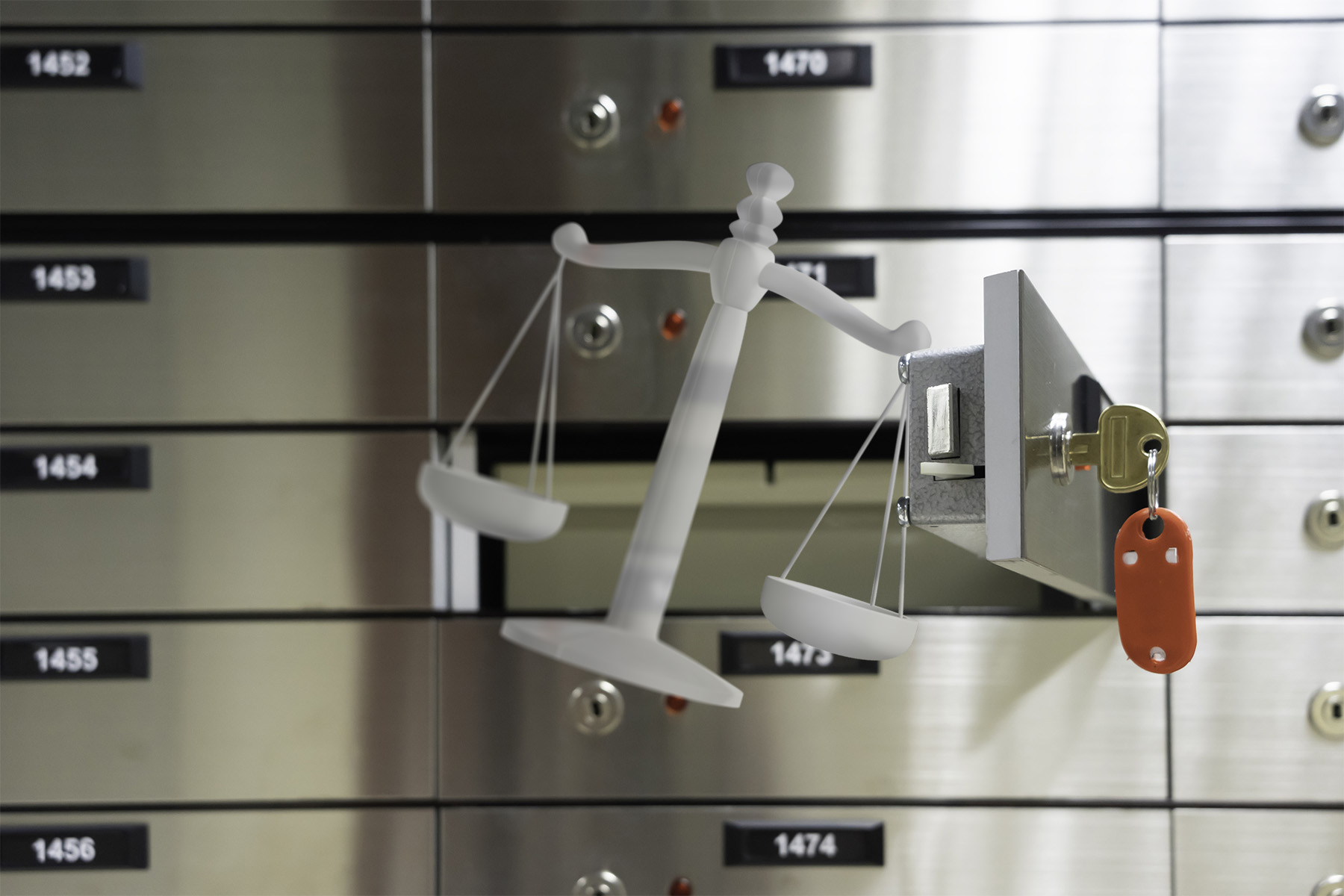
Escrow is a financial process where funds, securities, or other assets are temporarily transferred for safekeeping to a third party (the depository) until certain conditions of the deal are fulfilled. That is, this transfer is logically justified. And this is how the guarantee of fulfilling certain obligations is provided. In general, escrow is needed only for specific transactions, which is why many have not heard of such a process. Escrow is also frequently used in international transactions, especially involving large sums. International trade or the sale of real estate abroad rarely occurs without such a process. In other words, escrow is very important for many sectors.
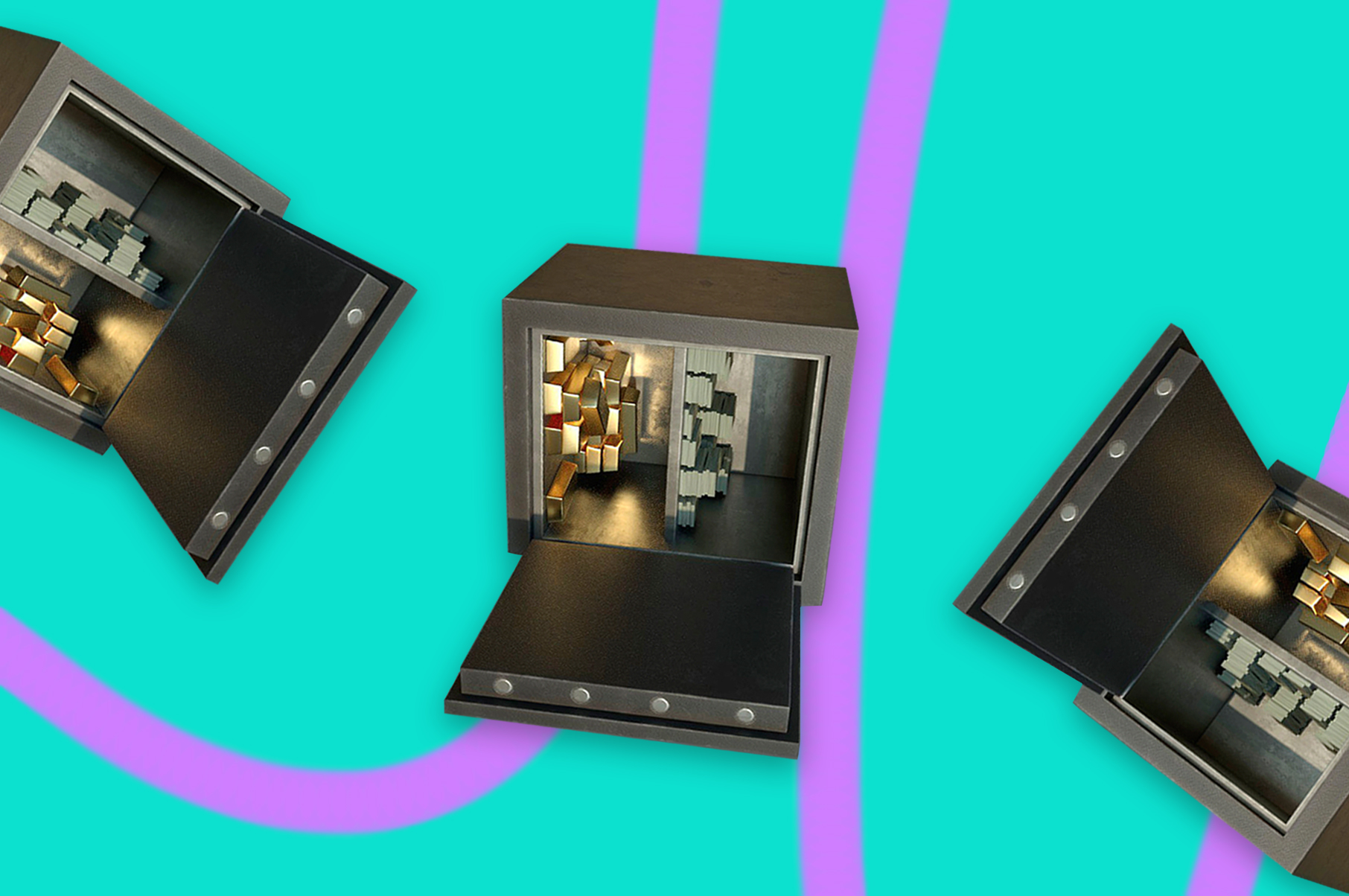
What you need to know about this process:
-
Escrow is created for protection. That is, each participant in the deal understands that their rights are maximally protected.
-
Based on the first point, each participant knows that they will not lose money. That is, the parties will adhere to their obligations.
-
Also, in this process, each party knows that they will get their assets back if the deal is violated.
When considering escrow from this perspective, the process is simple and understandable.
What Types of Escrow Are There?
Escrow is a large and multifaceted process. Therefore, it has different types. Usually, the specifics of the deal determine which type of escrow will be used.
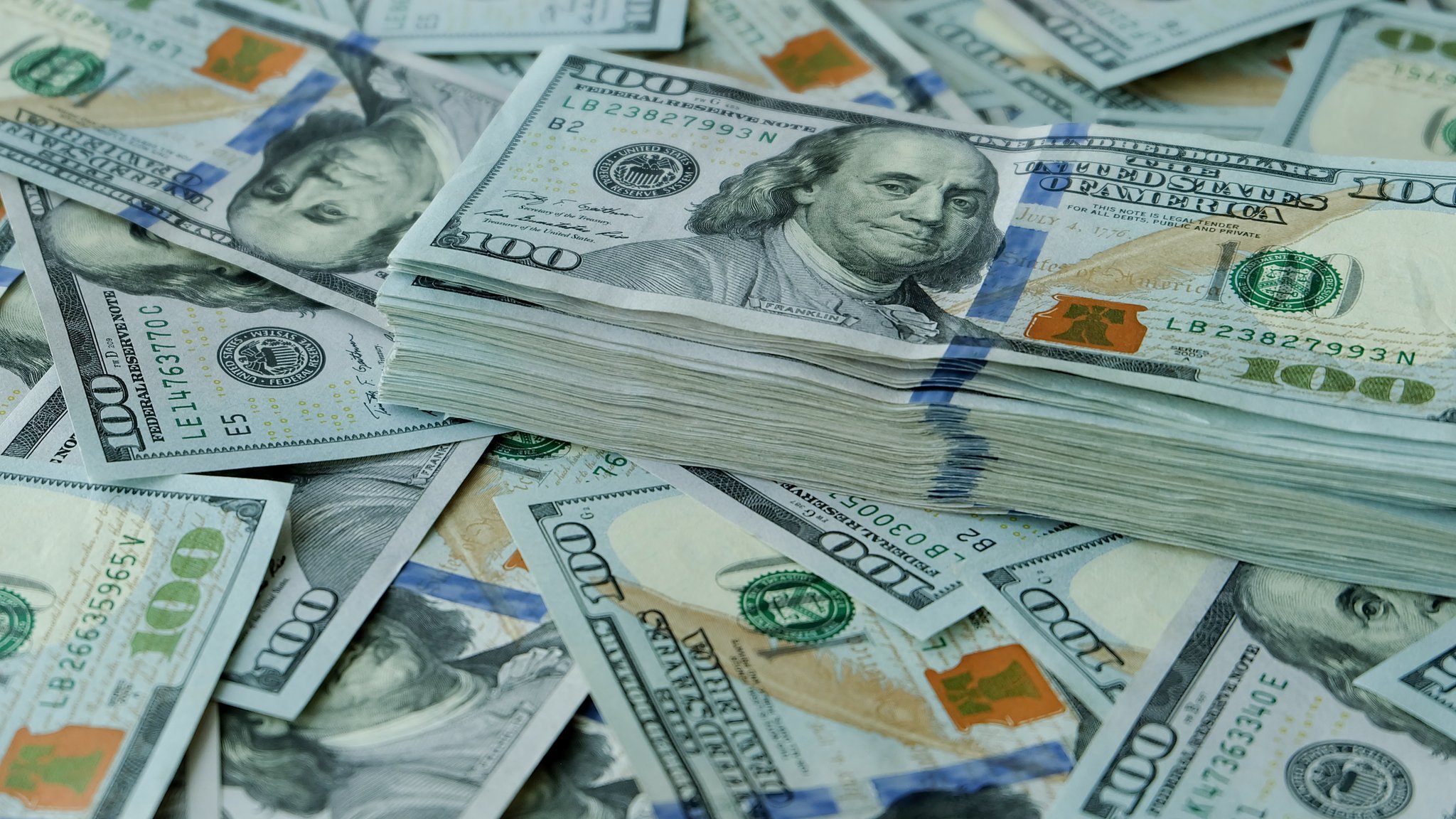
The main types:
-
Escrow through money. Monetary escrow is a process whereby a certain amount of money is transferred to a third party (for example, a bank or notary) until the conditions of the deal are fulfilled. This is a common method in real estate, when a buyer transfers money to escrow until all procedures for the transfer of property are completed.
-
Through securities. A similar type of escrow, but using securities. This process is relevant in large transactions on the stock markets or when concluding purchase-sale agreements for companies.
-
Escrow through goods. This type of escrow involves storing goods with a third party until the deal is completed. Most often, this type of escrow is used in international trade, when buyers and sellers want to ensure the safety of goods delivery and payment.
There is also a rather specific type of escrow. This relates to rights. In the framework of rights escrow, the third party acts as a custodian of documents, patents, licenses, and other intangible assets. This is especially relevant in technological transactions and projects related to intellectual property.
How Does Escrow Work?

Such an important process has its own mechanisms. The process consists of a series of sequential steps:
-
First, a contract must be concluded. This is a legal document that describes all the conditions of the deal and identifies the third party that will hold the assets. The agreement clearly specifies the obligations of each party.
-
Only after this can the assets be transferred. Assets, whether money, securities, or goods, are transferred to the safekeeping of the third party. This can be a bank, notary, or specialized depository company.
-
Next, the conditions of the deal must be fulfilled. The depository keeps the assets until all the conditions of the deal described in the agreement are met.
-
Then the assets are transferred to the other party. After the terms of the deal are fulfilled, the depository gives the assets to the other party (for example, the buyer) or returns them to the first party in case the conditions are not met.
The algorithm does not depend on the form of the assets, although it may introduce some changes to the contract itself.
Who Needs Escrow and Why?
Escrow is used in various conditions. Usually when the participants in the deal want more guarantees.
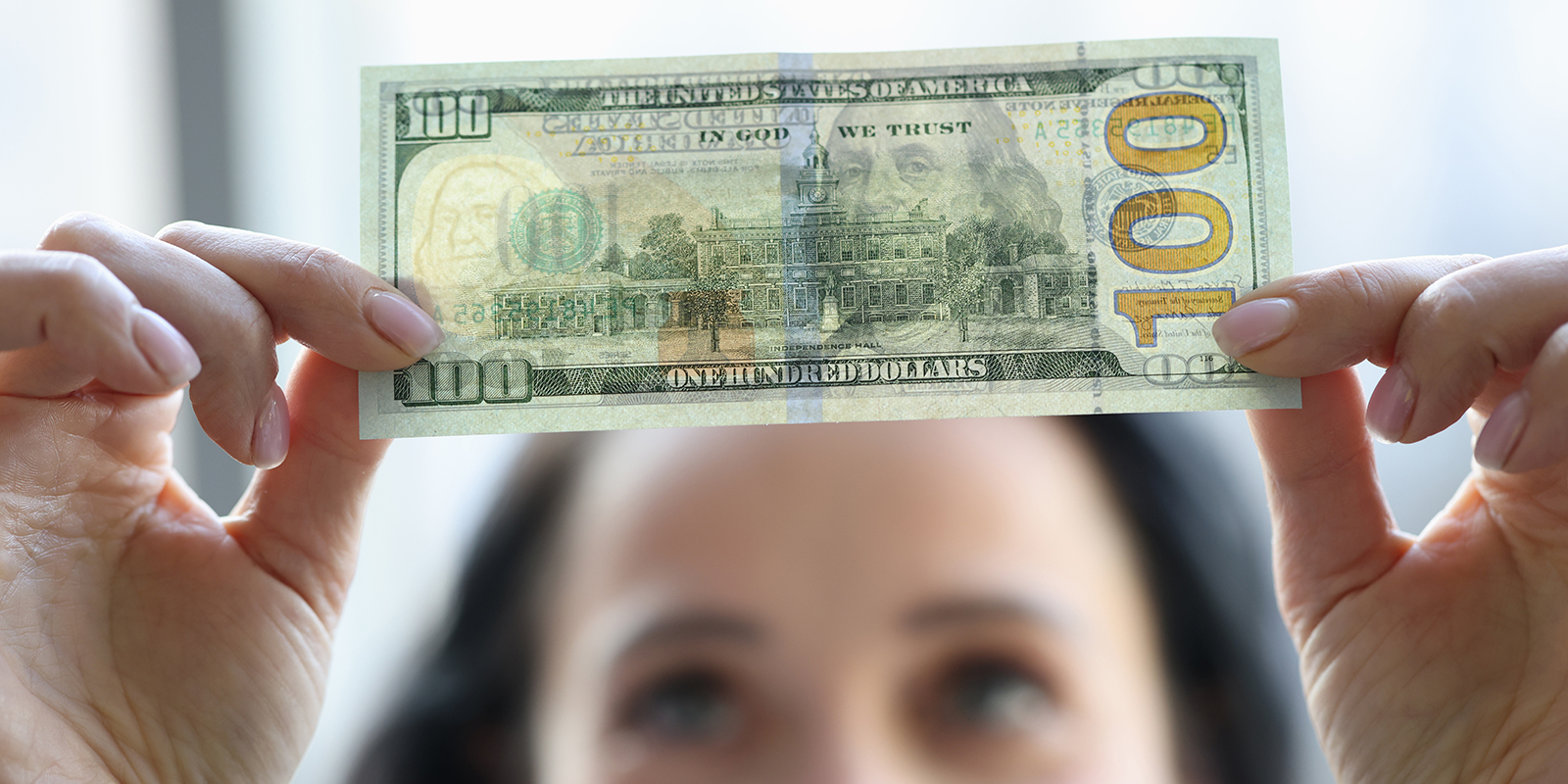
When this process is needed:
-
There is a need to ensure additional security for the transaction. Escrow helps eliminate the risks of fraud or violation of the terms of the deal. This is especially important in large financial transactions when the parties are in different countries or have limited opportunities to control each other.
-
This process should also protect the rights of both parties. The escrow process guarantees that both parties will fulfill their obligations. If one party violates the terms of the agreement, the assets held in escrow may be returned or transferred to the other party.
-
This guarantees the return of funds. In the event of contract termination or violation of the terms of the deal, the money or assets held in escrow are returned to their owner, minimizing financial losses.
Thus, in all these cases, participants in the deal can sign such an agreement.
Overall, this process has many advantages. Besides guaranteeing safety, escrow protects rights. Escrow is formalized within a legal contract, providing legal support in case of disputes. There is always an independent third party. The depository acts as a neutral intermediary, eliminating the possibility of manipulation.
However, this process has its drawbacks. First of all, there are additional costs. There is also a waiting period. The escrow process can take additional Time, which increases the duration of the transaction.
Read also
- Gas stations show impressive price range for A-95 in Kyiv: from 53 to 62 hryvnias per liter
- Own business: in which areas do Ukrainians most often open a business
- Finland Launches Large-Scale Trade Project with Ukraine
- Ukrainian Armed Forces hit a huge ammunition depot of the occupiers in Khartsyzk, it detonates: video
- Post-war Reconstruction: What the Government of Ukraine and the World Bank Are Planning
- Ukrainians are being sold counterfeit dollars and euros: which denominations are most often counterfeited


